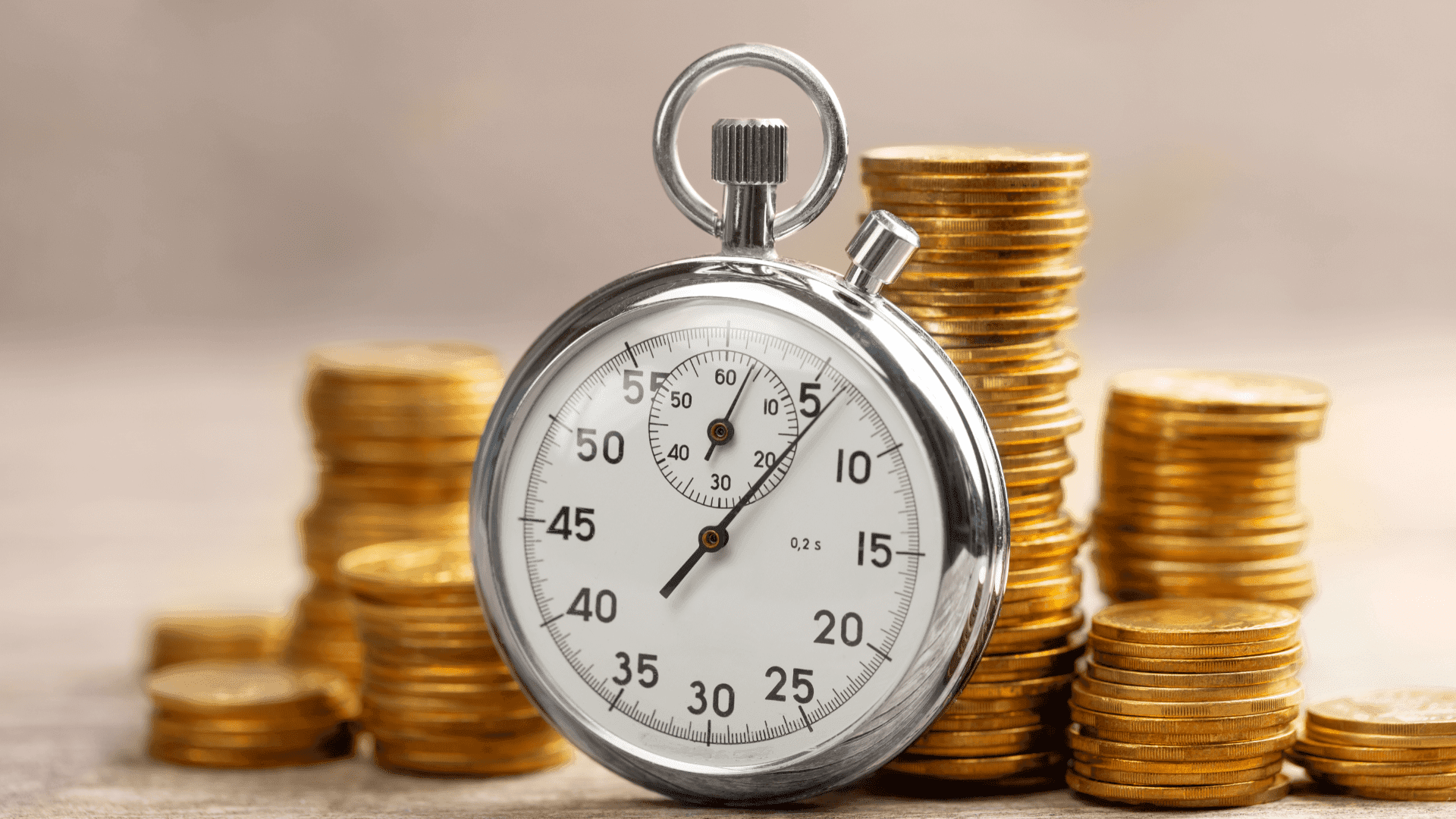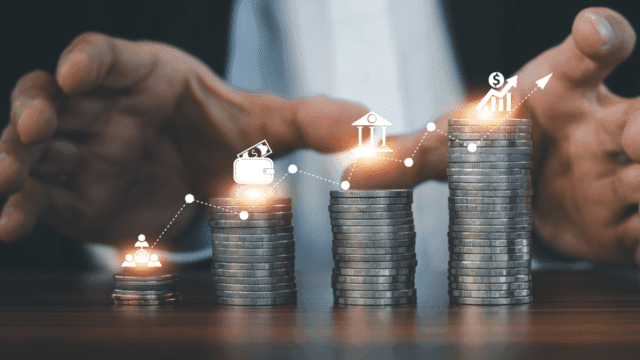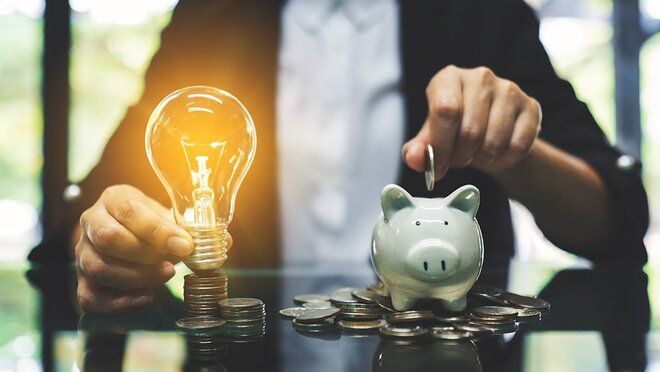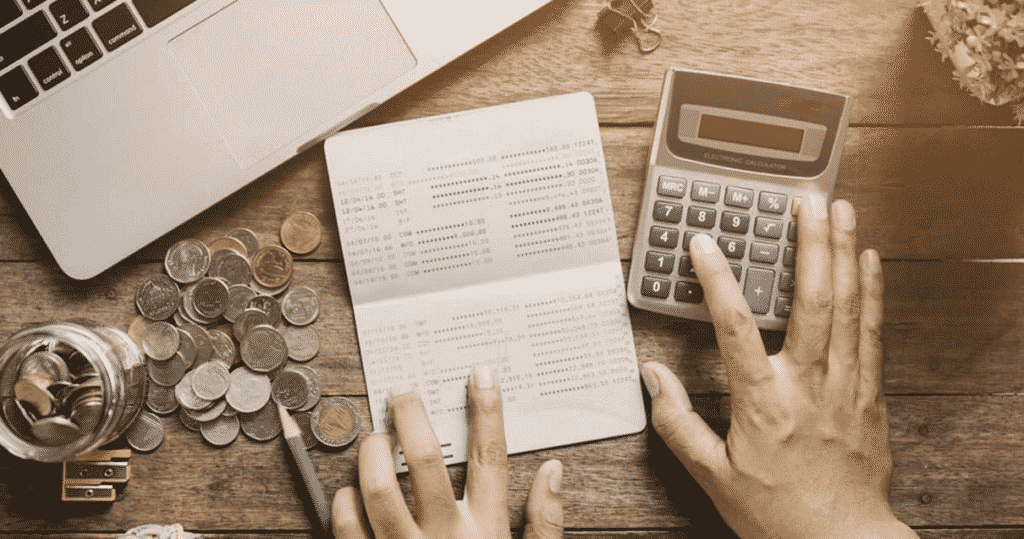
Life is full of unforeseen events and situations that can affect our finances. From a sudden illness to a job loss, any unexpected event can put our finances at risk. That is why building an emergency fund is essential to be always prepared for any eventuality.
How much money you should have in your emergency fund
The amount of money you should have in your emergency fund depends on several factors, such as your monthly expenses, your income and the type of job you have. However, as a general rule, it is recommended that you have at least three months of basic expenses covered. To start building your emergency fund, follow these tips:
- Set a goal: Decide how much you want to save and over what time frame. A good rule of thumb is to have enough money to cover your expenses for three to six months;
- Create a budget: Identify your monthly expenses and reduce unnecessary expenses. Set aside a fixed amount each month for your emergency fund;
- Save automatically: Set up an automatic transfer from your checking account to your savings account each month. This will help you save without thinking about it;
- Take advantage of extra income: If you receive a bonus or a raise, put some of it into your emergency fund;
- Don't touch the fund: Your emergency fund should be used only in cases of real need. Don't use it for impulse purchases or unnecessary expenses.
Where to keep your emergency fund
Once you've built your emergency fund, it's important to keep it in a safe and accessible place in case of need. Here are a few options:
- Savings account: the most common and safest way to store your emergency fund is in a savings account at the bank. Be sure to choose an account that offers a competitive interest rate and has no maintenance fees;
- Safe: If you prefer to have full control over your money, you can keep your emergency fund in a safe at home. However,keep in mind that this can be risky if you do not take adequate measures to protect the safe and prevent theft;
- Safe investment: Another option is to invest your emergency fund in a safe financial product, such as Treasury bonds or certificates of deposit.
Whichever option you choose, always make sure you have quick and easy access to your emergency fund in case of need.
Safe and liquid investments
To build a solid emergency fund, it's important to consider the safety and liquidity of the investments you make. This means that you should look for investment options that give you the assurance that your money will be protected and that you can access it at any time without penalty. Some safe and liquid investment options are:
- Savings accounts: These are a very safe and liquid option, since you can withdraw your money at any time without penalties. In addition, they usually have a higher interest rate than checking accounts;
- Certificates of deposit: These are a safe option, as they are backed by the government. However, they usually have a penalty if you withdraw your money before the agreed term;
- Money market funds: These are a very liquid option, as you can withdraw your money at any time without penalty. Also, they usually have a higher interest rate than savings accounts.
When to use your emergency fund
The emergency fund should only be used in crisis situations or financial contingencies that cannot be solved with regular income. Some situations in which you might need to use your emergency fund are:
- Loss of employment or significant reduction in income;
- Unexpected medical expenses;
- Major home or vehicle repairs;
- Unexpected legal expenses;
- Family or personal emergencies.
It is important to remember that the emergency fund should not be used for non-essential expenses or to finance vacations or other luxuries. If you use your emergency fund for these purposes, you will be putting your long-term financial security at risk.
Keep your emergency fund updated and reviewed regularly
Once you've set up your emergency fund, don't forget to keep it updated and review it regularly. This means updating the amount of money you have saved based on your current needs and reviewing your expenses to make sure you're saving enough.
It's also important to review the terms and conditions of your bank accounts to make sure you're getting the best possible interest rates. If you find an account with a higher rate, consider transferring your money to that account to earn more interest.






